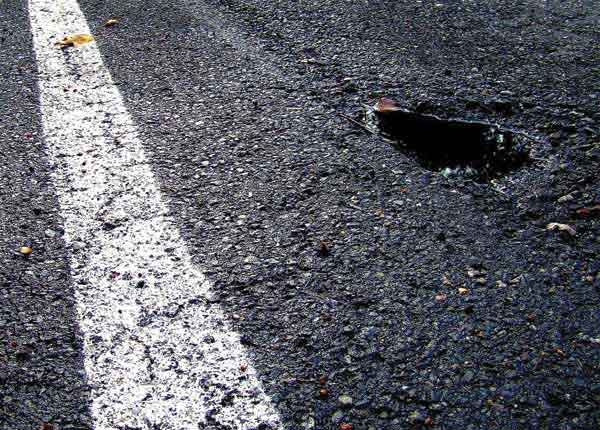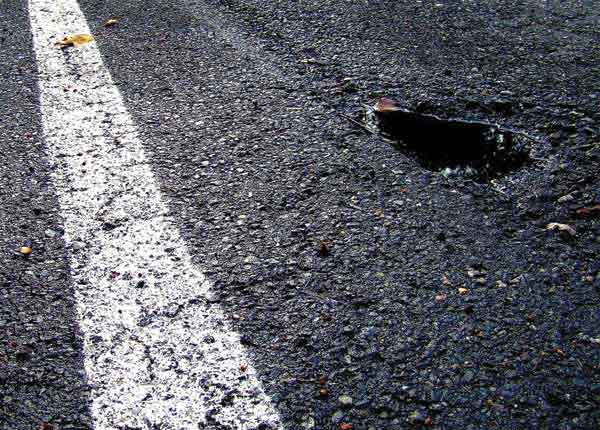The Abbott government is facing a full-scale revolt from within the local government sector after a core funding mechanism that flows into grass roots community services like meals-on-wheels and libraries run by councils was hit to the tune of almost $1 billion in this week’s Budget.
In an unprecedented show of dismay and anger, local government associations across Australian states are warning Canberra that the cuts that they now face, combined with hikes in fuel costs, will cost jobs, reduce services and stall sorely needed new infrastructure.
The key trigger for the backlash is the freeze on indexation for Commonwealth funded Financial Assistance Grants (FAGs). The effect of the freeze means that previous automatic increases that were built into the scheme to account for inflation and population increases will be stopped, a decrease certain to hit more than 560 councils, shires, municipalities and cities where it hurts the most.
The cash grab from local government also jars sharply with a similar size increase to the national school chaplaincy – a controversial program that has triggered successive High Court challenges which now threaten to derail other directly funded programs like Roads to Recovery.
The big problem for the local government sector is that despite being increasingly expected to deliver frontline services, the sector remains at the bottom of the cost-shifting food chain resulting in demands on council services easily outstripping available funding.
The FAGs scheme had been intended to help compensate for this shortfall, especially at a time when the Commonwealth had been trying to ensure that money it allocated directly hit its targets rather than being railroaded by state governments.
Victorian councils estimate they will lose $134 million and with “rural and regional communities to be the hardest hit.”
Bill McArthur, the president of the Municipal Association of Victoria (MAV) said the core funding loss, which helps councils to pay for essential community services and maintain infrastructure, was “catastrophic”.
“Commonwealth financial assistance grants are a core revenue stream for local government. The grants provide up to 27 per cent of rural councils’ total funding so rural communities will suffer a massive impact.
Mr McArthur labelled the cuts a “three year black hole in Victorian council budgets” and warned it left councils with just two choices: “cut services or increase rates.”
“For smaller shires it could amount to an annual five per cent rate rise, on top of any other proposed rate increase, just to recoup the lost federal money,” Mr McArthur said.
The electoral headache for the Abbott government is that any forced increase in council rates can now be directly blamed on Canberra as a new, hidden de facto tax hike that will come out of ratepayers’ pockets.
Bill McArthur is happy to walk his ratepayers and Treasurer Joe Hockey through the ugly maths of the cut.
He said local government now raised 3.5 cents in every tax dollar collected nationally, while Canberra collected more than 80 per cent.
However while 20 years-ago Canberra provided 1.2 per cent of its total revenue back to local government for an “acceptable level of services and infrastructure” the flows were now running dry.
“In the past two decades, as the Commonwealth’s tax take and service delivery costs have continued to grow,” Mr McArthur said. “The amount it returns to local government has halved to 0.62 per cent of the total revenue it receives.”
In Queensland there is also widespread anger.
The Local Government Association of Queensland (LGAQ) estimates its councils will forfeit $182 million, but warned there will be plenty of additional pain because of the impact of fuel price hikes that are amplified in such a big state where average annual mileages are far higher.
“On top of the increased transport and building costs to councils as a result of the indexation of fuel excise, this Budget is going to be felt by local councils in Queensland and the communities they serve for years to come,” said Local LGAQ chief executive Greg Hallam
“Rural, remote and Indigenous councils get the double whammy – a freeze on grants at a time when petrol and diesel costs will rise,” Mr Hallam said.
South Australia isn’t cheering the Budget either. The president of its Local Government Association, David O’Loughlin, reckons communities in his state will be stung top the tune of $24 million as a result of the budget which has “ripped much needed community funding from local government.”
Mr David O’Loughlin said that in addition to the loss of $18 million a year in “supplementary local road funds” councils in his state would also lose “about $6 million expected growth in financial assistance grants.”
South Australia is also cautioning on what “look like possible sweeteners” under a possible future increase to the Roads to Recovery (R2R) funding and the Federal Black Spots Programm, saying these would be “dependent on development of the Federal Government’s proposed Asset Recycling Program.”
“There is no guarantee any of these funds will find their way down to council level,” the South Australian LGA said, adding that a “new Bridges to Renewal program of $60 million a year nationally would provide funding on an application/competitive basis, again with no guarantee SA will receive a cent.”
Like other states South Australia believes that the budget cuts will “play havoc with draft council budgets currently out for consultation with communities.”
“Essentially Councils only have one tax, so the choices they have to put to communities are simple: cut services or increase rates,” Mr O’Loughlin said.
Mr O’Loughlin said the “most savage cut to SA Councils” was terminating the Supplementary Local Road Funding, a move he branded as “grossly unfair as it only impacts on SA”.
“No other state has had a cut of this type,” he said.
The strong resistance from South Australia’s councils and the Budget hit on their constituents and ratepayers may seem a far away from Canberra, however at the state election this year the Coalition effectively forfeited government to unpopular Labor incumbent Premier Jay Weatherill after a strong showing from independent councillors that stood for state seats.
Perhaps conscious that it will have to deal with the Abbott government’s agenda at the Council of Australian Governments, peak body the Australian Local Government Association (ALGA) delivered a tempered assessment of the Budget cuts to the FAGs program.
President of ALGA, Felicity-ann Lewis, said the FAGs program made a “vital contribution to the lives of every Australian.”
“Councils will have to re-evaluate what services and infrastructure they can provide as the level of funding remains static for the next three years,” Ms Lewis said.
“These grants are used to maintain a great range of infrastructure including local roads, bridges, parks, swimming pools, libraries and community halls as well as services to the young, the elderly and community groups of all kinds. Decision[s] will be made at a local level about how these funds are used, and clearly some services will suffer.”






Leave a Reply